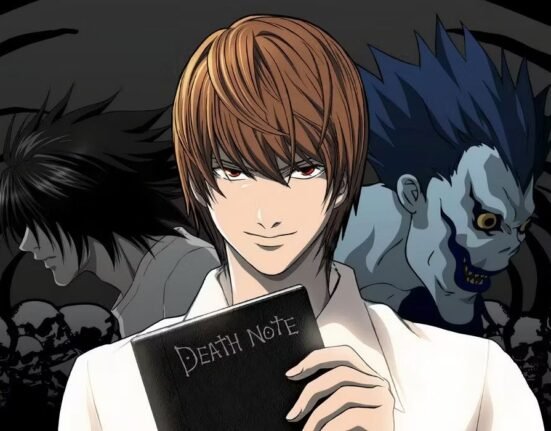Have you ever wondered why humour is found in the darkest corners of life? Have you with the dilemma of stifling your laugh at an unexpected joke and ending up feeling guilty for finding the joke funny anyway? How do we recognise insensitive humour in an age where dark humour is being used regularly on social media and even in brand advertisements? Today, there is a rising need to address why there is a difference between dark humour being used to address social issues and unconventional norms and dark humour being used to reinforce those very norms and social issues.
Read: The Psychology Behind Humour
It’s one aspect of human nature to find comedy lurking amongst tragedy and absurdity. We wonder why humour is often found in the darkest corners of life. This form of comedy pushes the boundaries of what one can find acceptable.
An Introduction to Dark Humour
In simple words, dark humour, also known as dark comedy, morbid humour and gallows humour is a term used for the type of comedy that makes light of subject matters that are serious or taboo topics. It is not new, and one can literally see its prevalence. From old Shakespearean novels of tragedy that were written with morbid humour to modern films like Fight Club that give a satirical review of masculinity and consumer culture. This type of comedy frequently tackles sensitive topics, social issues, and awkward circumstances. It offers freedom from the barriers held by moral and social conventions. In unpleasant or distressing circumstances, individuals and communities discover humour.
The Appeal of Dark Humour
There is no doubt that today dark humour is found in every corner of the internet. Dark and twisted humour can be an acquired taste, but the prevalence of its use is surely not negligible. It frequently acts as a crucial defence mechanism for those with demanding work or complex family dynamics. Healthcare professionals’ propensity to use it as a coping mechanism for ongoing workplace stress serves as an example of this idea (e.g., Schulman-Green, 2003; Talbot & Lumden, 2000; Wanzer et al., 2005).
When Sullivan (2000) looked at the self-perception of social workers and how they used gallows humour at work, they discovered that 20% of them admitted to using dark humour despite having conflicting thoughts about it. Additionally, 15% of the social workers thought that black humour is vital to relieving tension at work. According to a 2017 research that was published in the journal Cognitive Processing, those who enjoy dark humour “may have higher IQs, show low aggression, and hold out against negative feelings more effectively than people who turn up their noses at it.”
Responsible Use of Dark Humour
Dark humour is often labelled as a coping mechanism. Dark comedy, according to the ideas of Freud, gives people a way to communicate suppressed urges and worries about forbidden issues. Laughing is a way to let go of psychic strain. Gallows humour also functions as a coping technique. Making light of trauma allows people to process painful emotions more cognitively. It fosters resiliency in the face of injustice and horror (Fry, 2023). How Far is Too Far? Dark humour and offensive humour share a fine line, but there’s a clear-cut distinction.
Read More: Emotional Weakness: causes, signs and coping tips
Dark humour often explores sensitive or taboo subjects, finding humour in the unexpected or uncomfortable. However, it can cross the line when it becomes offensive. To put it simply, the key difference here is that dark humour highlights the wrongness of the issue, and the absurdity of the matter at hand and allows one to critically look at the topic. Offensive humour reinforces those injustices without invoking a critical thought. Dark humour, when used responsibly, should make us think and laugh about life’s complexities. It should not worsen the suffering of those who are already marginalized or oppressed.
People should use it to question the absurdity and problem behind social issues. It should not make light of the situation. Because dark humour is subjective by nature, it can unintentionally widen gaps between people. It can cause some people discomfort or offence. It can lead to social awkwardness, and feelings of alienation and reinforce stereotypes and biases.













Leave feedback about this